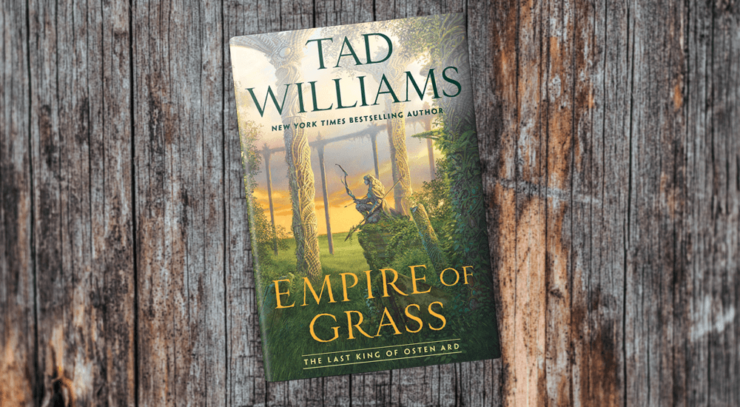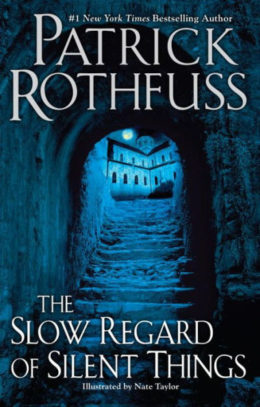Tad Williams Complicates a Perfect Fantasy Ending With a Reminder That Nothing Ever Truly Ends
Comment number:
13
Advertisement
Showing 4 results



“The sky above the port was the color of television, tuned to a dead channel.”
William Gibson, Neuromancer
For compliance with applicable privacy laws:



